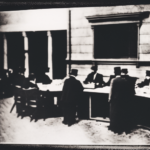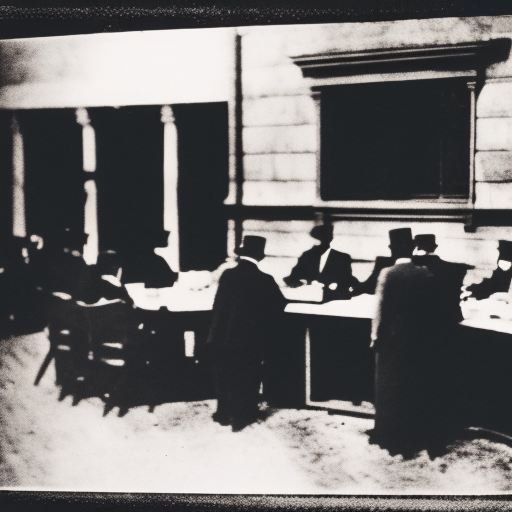The Teller Amendment (1898)
The Teller Amendment was a legislative provision passed by the United States Congress in 1898, during the Spanish-American War. It stated that the United States had no intention of annexing Cuba and that it would recognize the island’s independence once the war was over. The amendment was named after its sponsor, Senator Henry M. Teller of Colorado.
Background:
The Spanish-American War began in April 1898, following the explosion of the USS Maine in Havana Harbor. The incident, which resulted in the deaths of 260 American sailors, fueled public outrage and led to calls for war against Spain, which controlled Cuba at the time. The war was fought primarily in the Caribbean and the Pacific, and it lasted for about four months.
The Teller Amendment:
As the United States prepared for war with Spain, concerns arose about the country’s intentions regarding Cuba. Many feared that the U.S. would seek to annex the island and establish a colonial presence in the Caribbean. To address these concerns, Senator Henry M. Teller introduced an amendment to the war resolution in the U.S. Senate.
The Teller Amendment, which was added to the Joint Resolution for the Recognition of the Independence of the People of Cuba, stated that the United States had no intention of exercising sovereignty, jurisdiction, or control over Cuba. It further declared that the U.S. would recognize Cuba as an independent nation once the war with Spain was over.
The amendment was seen as a way to assure the Cuban people and the international community that the United States was not seeking to expand its territory through the war. It aimed to uphold the principles of self-determination and non-interference in the affairs of other nations.
Impact and Significance:
The Teller Amendment had significant implications for the outcome of the Spanish-American War and the future of Cuba. By explicitly stating that the U.S. would not annex Cuba, it helped rally support for the war among anti-imperialist factions in the United States. These groups were concerned about the potential for American expansionism and believed in the principles of self-government and independence for other nations.
The amendment also had international repercussions. It reassured other countries that the United States was not seeking to establish colonies in the Caribbean or engage in imperialistic ventures. This helped maintain a positive image of the U.S. as a champion of freedom and self-determination.
Furthermore, the Teller Amendment set a precedent for future U.S. foreign policy. It established a commitment to non-annexation and recognition of independence, which would be reiterated in subsequent conflicts and interventions. The amendment reflected a shift in American attitudes towards imperialism and signaled a departure from the policies of the past.
Aftermath:
Following the Spanish-American War, Cuba did gain independence from Spain, as promised by the Teller Amendment. However, the U.S. maintained a significant influence over the island’s affairs through the Platt Amendment, which was imposed on Cuba in 1901. This amendment granted the U.S. the right to intervene in Cuban affairs and established a naval base at Guantanamo Bay.
Despite the limitations of the Platt Amendment, the Teller Amendment remained an important symbol of American commitment to non-annexation and recognition of independence. It represented a turning point in U.S. foreign policy and helped shape the country’s approach to international relations in the 20th century.
In conclusion, the Teller Amendment was a legislative provision passed by the U.S. Congress in 1898, during the Spanish-American War. It stated that the U.S. had no intention of annexing Cuba and would recognize its independence once the war was over. The amendment reassured the Cuban people and the international community, set a precedent for future U.S. foreign policy, and represented a shift in American attitudes towards imperialism.












